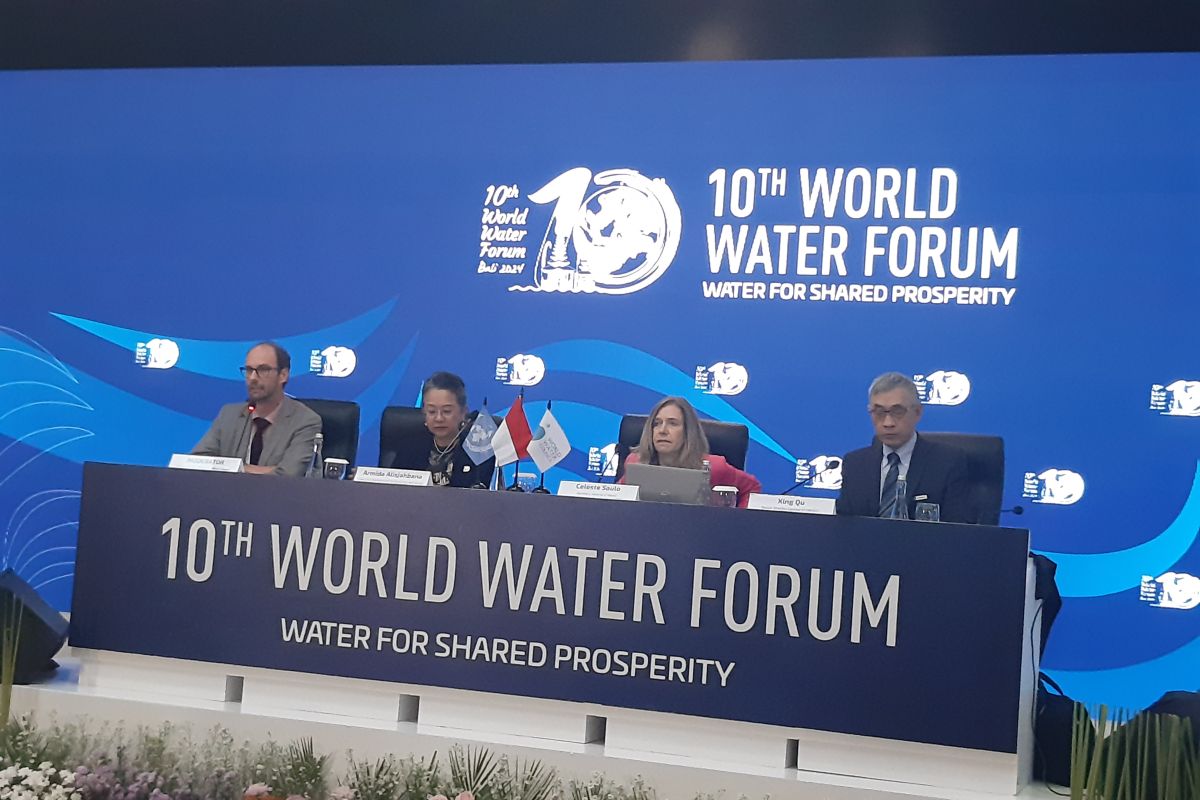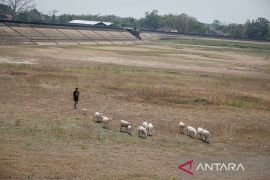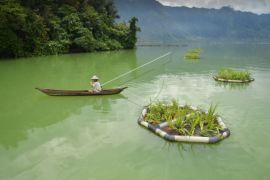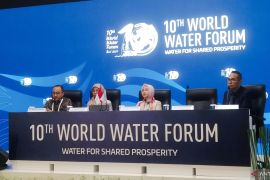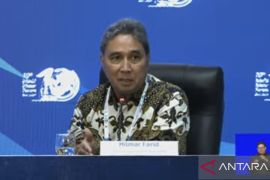The first measure is cooperation in shared water sources by enhancing collaborative efforts between countries, regions, sectors, and stakeholders, Under-Secretary-General of the UN ESCAP Armida Alisjahbana said.
"In addition to mobilizing new resources and promoting innovation, collaboration can help close financing gaps. Public-private partnerships on water efficiency ... can help," she informed at a press conference on the sidelines of the 10th World Water Forum in Nusa Dua, Badung, Bali, on Tuesday.
She explained that collaborative actions that bring mitigation, adaptation, and disaster risk reduction agendas may also help narrow financing gaps.
"The unmet adaptation financing needs are estimated by ESCAP at US$144.74 billion annually, on average, for Asia and the Pacific alone," she said.
The second measure to prevent a water crisis, according to Alisjahbana, is investment in data systems for disaster early warning systems.
"Better data for effective early warning systems can decrease disaster losses by up to 60 percent," she pointed out.
At the direction of governments in the Asia-Pacific region, the UN system is coming together to deliver multi-hazard early warning systems.
ESCAP, the UN Office for Disaster Risk Reduction (UNDRR), the World Meteorological Organization (WMO), the International Telecommunication Union (ITU), and the International Federation of Red Cross and Red Crescent Societies (IFRC) are all working together for this.
Meanwhile, UNICEF is mapping groundwater reserves to support preparedness and adaptation planning.
The latest World Water Report themed "Water for Peace and Prosperity" states that due to climate change, seasonal water scarcity is projected to increase — even in areas where water is currently abundant, such as Central Africa, East Asia, and parts of South America. Water will become even more scarce where supplies are already short.
According to UNICEF data, about 2.2 billion people lack access to safe drinking water, and half the global population does not have access to safe sanitation.
Related news: Round Up - Jokowi states collaboration key to solving water issue
Related news: Collaboration was key to solve water issue: President Jokowi
Reporter: Yuni Arisandy Sinaga
Editor: Rahmad Nasution
Copyright © ANTARA 2024
